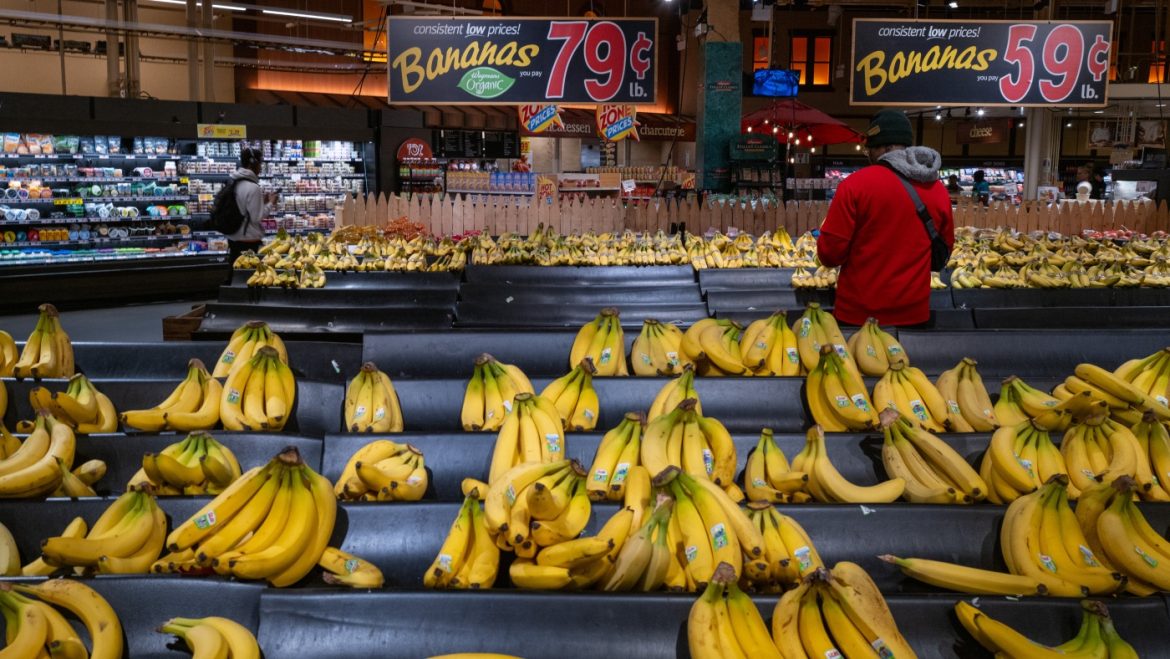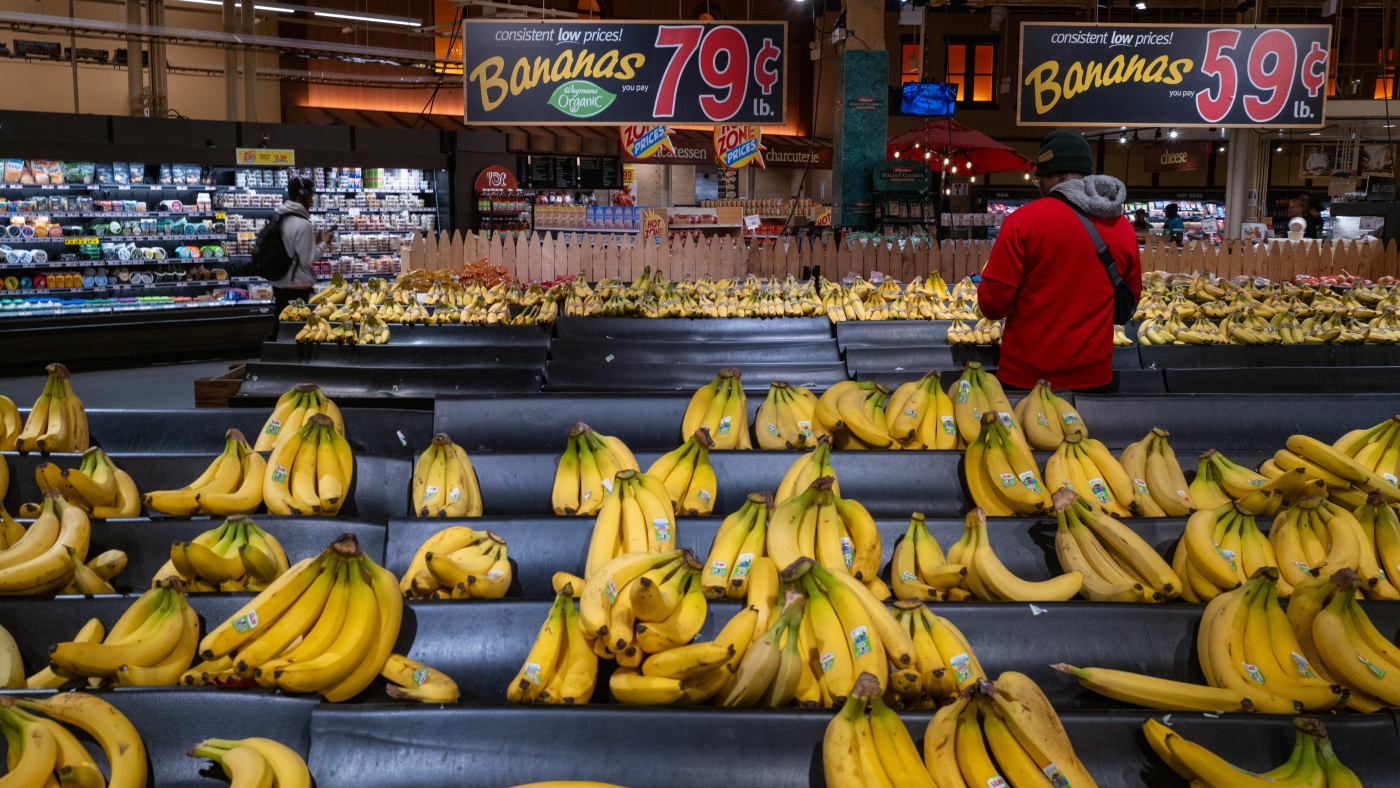Introduction: The USDA’s Controversial Demand for Food Stamp Data
The U.S. Department of Agriculture (USDA) has recently issued sweeping demands for sensitive personal information pertaining to millions of individuals receiving food assistance through the Supplemental Nutrition Assistance Program (SNAP). This move has ignited fierce backlash from privacy advocates, legal experts, states, and civil liberties organizations. At the heart of the controversy lies the USDA’s pressing request to state agencies and their contractors for extensive data—including Social Security numbers, addresses, and other identifying details—under the threat of withholding federal funds for noncompliance. This report delves into the complexities surrounding this unprecedented data request, exploring its legal challenges, privacy implications, and potential political motivations.
—
The Scope and Nature of USDA’s Data Request
The USDA’s demand covers a vast range of personal data from tens of millions of SNAP recipients. This data encompasses not only basic personal identifiers but also highly sensitive details collected by states and their third-party contractors who manage benefit distribution, particularly through electronic benefit transfer (EBT) systems. The department has reportedly contacted both states and private payment processors, some of whom have indicated a willingness to comply, thereby potentially bypassing state resistance.
The USDA has justified this request as part of efforts to combat fraud and improve program integrity. However, critics argue that this rationale is thin and masks other intentions, including using the data for immigration enforcement and other administrative priorities linked to political agendas reminiscent of the Trump administration.
—
Legal Challenges and Lawsuits
Multiple lawsuits have emerged in response to the USDA’s directive. The latest legal action highlights several core arguments:
– Violation of federal privacy laws: The USDA’s demand is claimed to contravene statutes designed to safeguard the confidentiality of individuals participating in federally funded benefit programs.
– Exceeding statutory authority: Plaintiffs argue that the USDA lacks the legal authority to collect such expansive personal data from states and their contractors.
– Risk of data misuse: There is concern that the information could be repurposed beyond fraud prevention, potentially threatening immigrant communities and undermining trust in public assistance programs.
These suits underscore the tension between federal enforcement ambitions and states’ discretion over managing sensitive information under existing laws.
—
States’ Mixed Reactions and Compliance Dilemmas
States find themselves in a precarious position, balancing the threat of losing federal funding against protecting their residents’ privacy rights. Some have publicly indicated an intent to comply with the USDA’s order, especially where vendors or contractors signaled cooperation with federal demands. Others are standing firm alongside advocacy groups and legal counsel, warning about the dangerous precedent this could set for future federal data collection efforts.
The USDA’s strategy reportedly involves pressuring payment processors directly, creating friction between states and contractors. Some critics suggest this effort amounts to federal circumvention of state authority, compounding the controversy.
—
Privacy and Civil Liberties Concerns
Privacy advocates have sounded alarms about the breadth and depth of the data requested. The personal information involved is highly sensitive, and its aggregation raises inevitable questions about data security, potential leaks, and misuse. For vulnerable populations—particularly immigrants and low-income families relying on food assistance—this escalation in data demands risks increased surveillance and chilling effects on program participation.
Additionally, experts warn that this move could erode the strength of privacy protections historically afforded to SNAP participants and other beneficiaries of federal aid, ultimately undermining the social safety net.
—
Historical and Policy Context
The SNAP program has long emphasized confidentiality and ease of access for eligible recipients. Over the years, legal frameworks have protected beneficiaries from undue intrusion, tying data collection closely to program administration needs.
Meanwhile, past USDA policies have occasionally intersected with political priorities, including immigration enforcement under previous administrations. The current demand for SNAP data can be seen in this context, provoking concern that program data is increasingly harnessed for broader enforcement measures rather than solely program integrity.
—
Potential Consequences and Broader Implications
If states comply or are legally compelled to release this information, the implications are far-reaching:
– Precedent for federal overreach: The USDA’s successful acquisition could embolden agencies across government to request extensive personal data on vulnerable populations, extending beyond food assistance programs.
– Chilling impact on public assistance uptake: Fear of data exposure might deter eligible individuals from applying for or continuing benefits, exacerbating food insecurity.
– Strained federal-state relations: Conflict over data sovereignty and privacy standards could deepen friction between state governments and federal agencies.
– Privacy erosion: Aggregating detailed personal data risks breaches, misuse, and loss of trust in government programs.
—
Conclusion: Navigating Between Enforcement and Privacy in Public Assistance
The USDA’s sweeping demand for personal data from SNAP participants exposes a profound dilemma at the intersection of administrative enforcement and individual privacy. Faced with opaque rationales, legal challenges, and divided state responses, this episode invites serious reflection on the limits of federal data collection within social welfare programs. It highlights the necessity of safeguarding the dignity and privacy of beneficiaries while pursuing legitimate efforts to prevent fraud.
Whether through judicial intervention or renewed policy negotiations, a balanced approach is essential—one that respects personal privacy, protects vulnerable communities, and preserves the integrity and accessibility of vital food assistance programs. The outcome of this controversy will not only affect millions of SNAP recipients today but could shape the future landscape of how government data is managed and protected in the welfare system for years to come.


